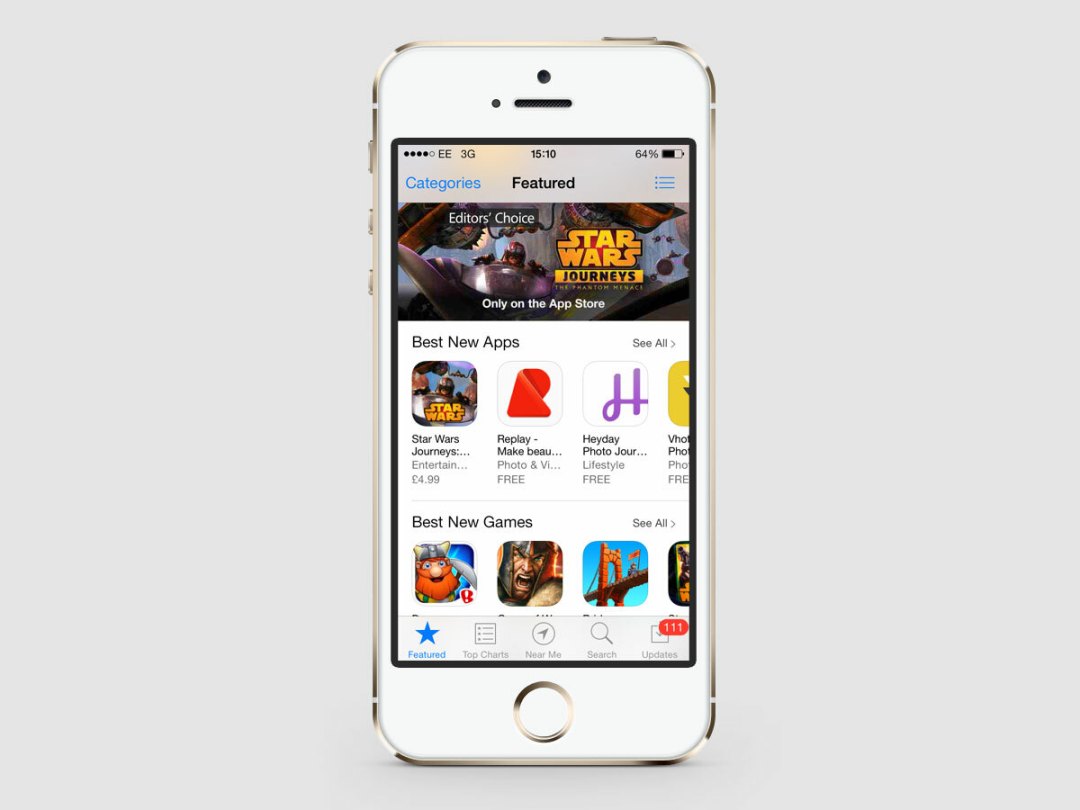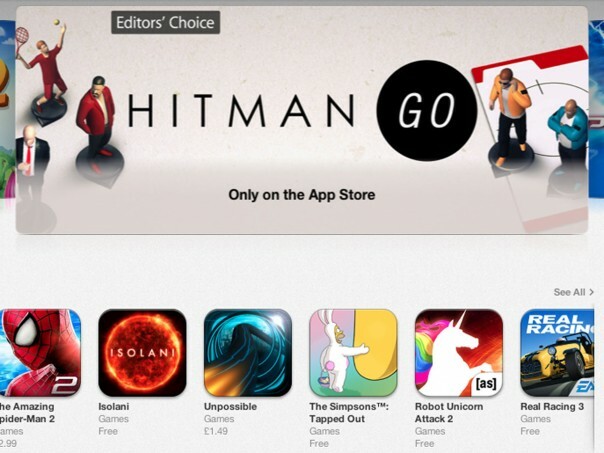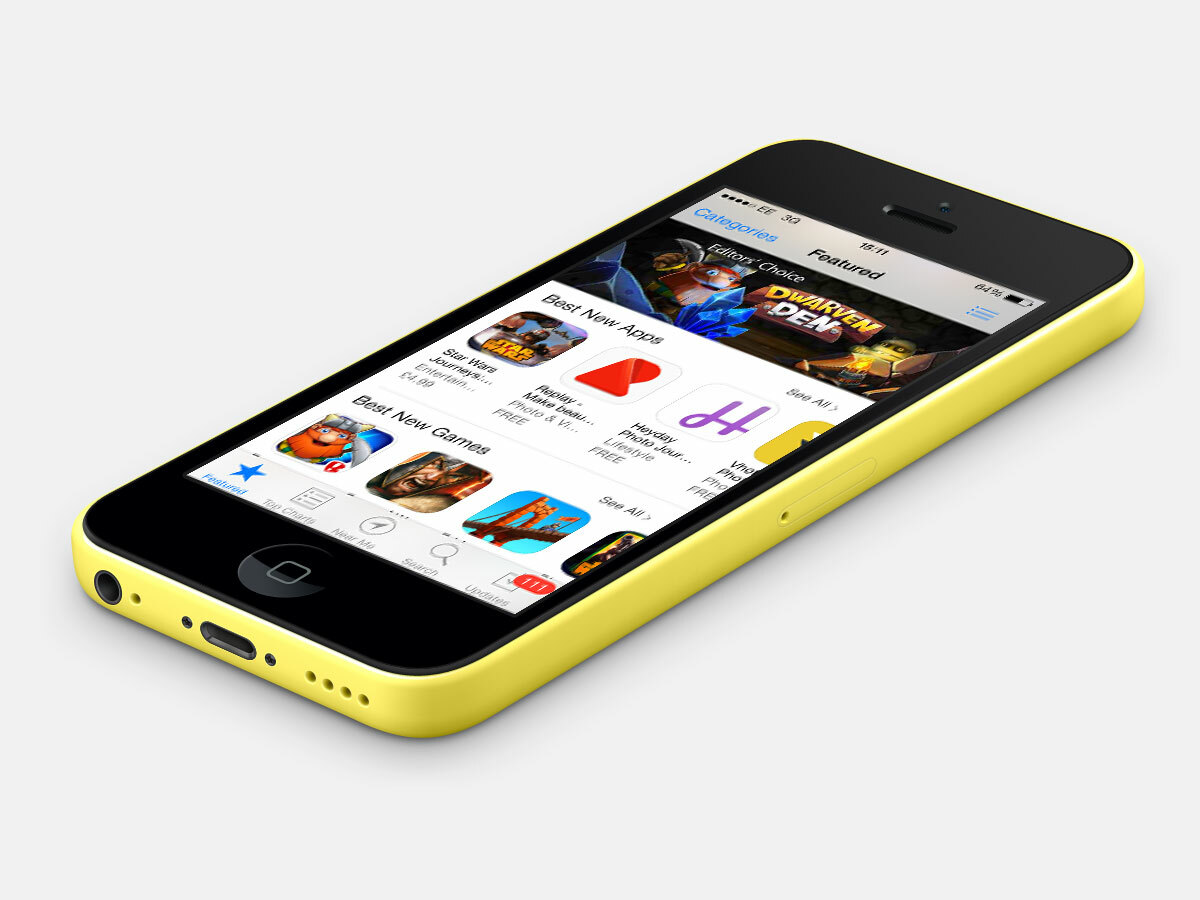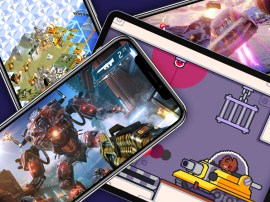Will objectivity be thrown under the bus as Google and Apple trade video game exclusivity for promotion?
Craig Grannell asks: How much does an Editor's Choice badge mean if it might have been influenced by a game appearing on your platform first?

In an ideal and golden future media utopia, everything ever made will be available to everyone, instantly and affordably; films, TV shows, music and games will very possibly be beamed directly into your brain via an as-yet-unknown combination of cutting-edge engineering and truly terrifying science-fiction-style technology.
Today, though, we remain mired in an age of exclusives and major players having pissing contests, with the only people getting drenched being consumers. Movies and television shows are common battlegrounds, with cable companies, Netflix and Amazon trading blows, hoovering up content and not allowing anyone else near it.
This adds value to their own services, forcing consumers into performing absurd juggling acts, trying to figure out exactly how to view a decent selection of favourite shows without buying a dozen pieces of almost identical kit. (Naturally, this assumes they don’t just decide they’ve had enough and launch their favourite torrent app, or take a hammer to their TVs and dedicate subsequent evenings of viewing pleasure to just peering out of the window, which might prove more entertaining anyway.)
Choice cuts

The world of games has also historically heavily relied on exclusives, using them to drive people towards particular consoles. But the onset of digital – especially on mobile – had suggested this might change, through an increasing number of developers and publishers striving to get their wares into the most hands possible. In part, this was probably to avoid the world being flooded by the salty tears of Android fans sobbing that the latest and greatest iOS games often don’t show up immediately (or at all) on their handsets and tablets. But mostly it’s just good business sense.
It’s great news, then, (and by ‘great’, I mean ‘rubbish’) that mobile giants Apple and Google may well be dragging gaming back towards the hideous land of exclusives. According to the Wall Street Journal, the two companies are busy wooing developers, offering them a hefty promotional boost in return for temporary exclusivity.
Gaming the system

As much as yet more exclusive content irks, it’s actually the promotional aspect that really rubs me up the wrong way, because it muddies the water between editorial integrity and pure sales. The iOS App Store in particular is always very keen to foist new games on visitors, but when presented with the latest Editor’s Choice and other prominently positioned titles, what will that really mean? In the knowledge that promotion may have been traded for exclusivity, will objectivity become totally meaningless?
You might argue it’s naïve to think that’s not been the case since day one, and it’s true the App Store has hardly been a consistent bastion of good taste. However, there was always the sense the people behind the App Store were in the business of curation, at least attempting to showcase the best the store has to offer.
If objectivity starts to become a mere afterthought following exclusivity when it comes to promotional activity, some games publishers will probably do very well in the short term, as people flock to download their products, simply due to visibility. Consumers, however, lose out in more games not very rapidly appearing across multiple platforms, and in being presented with titles that aren’t necessarily that good, but that just happen to (for a while) not be available anywhere else.
It confirms the App Store as not being any kind of meritocracy, instead turning it into the most typical of supermarkets, where placement is often dictated by business deals rather than quality. Perhaps Financial Director’s Choice would be a more appropriate badge in future.
READ MORE: Apple and Google scrapping to secure game exclusivity



